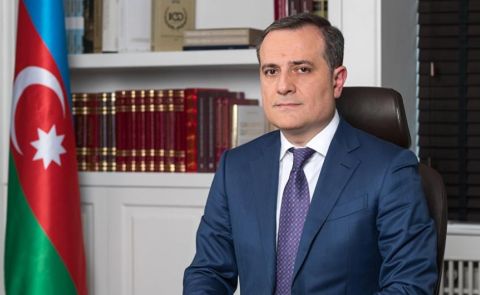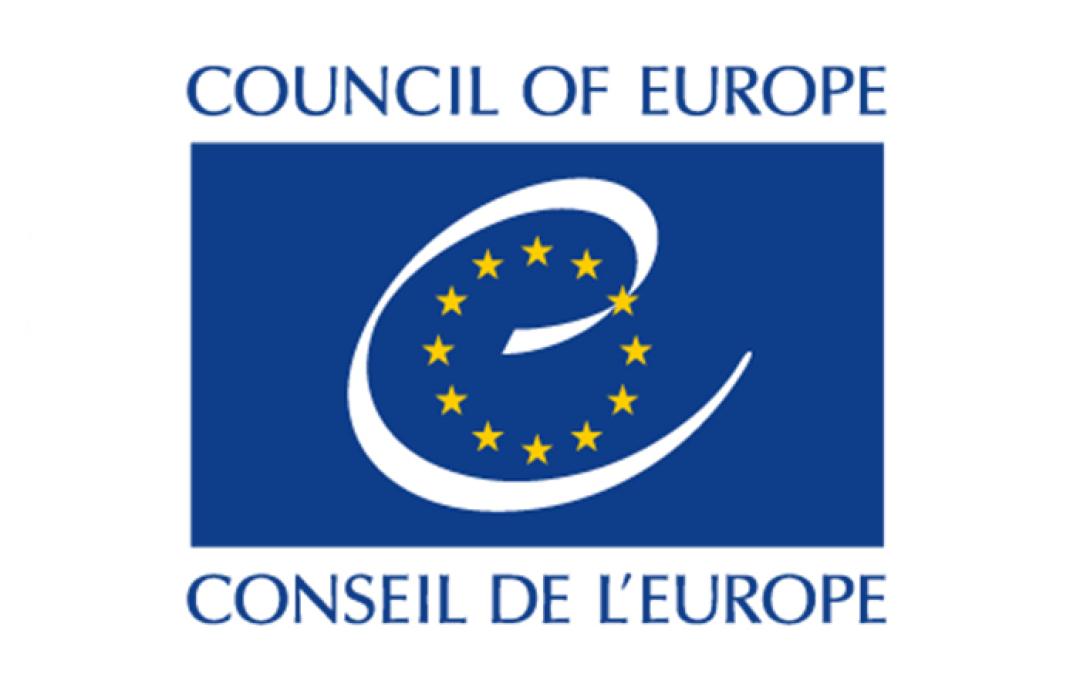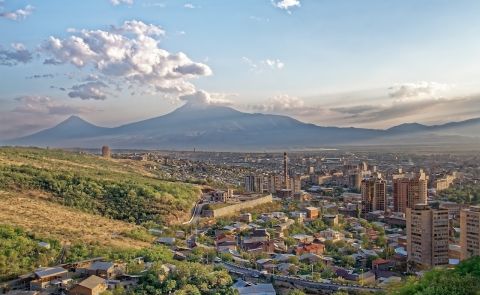
Council of Europe Report on Georgia's Breakaways

The 26th consolidated report on the war in Georgia from the Council of Europe (CoE) looked at the security and human rights situation in the separatist South Ossetia/Tskhinvali Region and Abkhazia, both of which were occupied by Russia.
Regarding the situation in the Tskhinvali region, according to the article, Tbilisi expressed alarm over ongoing borderization. According to information provided by the Georgian government, 51 instances of these actions, including the construction or strengthening of observation posts, a new fence, and border signage, were documented between January and September 2022. The dossier claimed that 29 people were unlawfully held by the Russian occupying forces between March and September 2022, citing the Georgian government. The assessment stated that the situation remained unresolved and favorable to tensions with the presence of military troops and the continuous building of new fortifications on site, even though it was noted that there had been no more incursions in the Chorchana-Tsnelisi region. In particular, the Akhalgori area, where there are dire socio-economic situations, was highlighted in the study as having no favorable tendencies regarding the humanitarian situation there. "In reality, the prolonged closure of crossing points had negative repercussions that restricted the entry of supplies and food while impeding the distribution of pensions and other social benefits in the area under the administration of Tbilisi," the report added.
Regarding the situation in the separatist Abkhazia, the dossier stated that unlawful borderization efforts, such as the extension of walls, the installation of new surveillance equipment, and intensified monitoring near crossing points, proceeded along the Abkhazia dividing line. According to the paper, illegal detentions also continued, with five individuals being held between March and September 2022. In that connection, the study called attention to Kristine Takalandze's wrongful incarceration on espionage allegations in July 2022 and Irakli Bebua's health status. Overall, according to the study, the requirement for so-called residence permits for those residing in the Gali district, which has a majority of ethnic Georgians, continues to impact people's freedom of movement while trying to enter areas under Tbilisi's jurisdiction. Regarding education, the CoE study stated that courses are primarily taught in Russian in schools in the ethnically Georgian-majority Gali region, with an hour dedicated to the Georgian language and literature each week. It brought to mind the district's restriction on Georgian language instruction in both kindergartens and schools.
See Also


Nordic-Baltic Delegation Meets Armenian Leaders to Discuss Regional Cooperation and Peace

Azerbaijan Strengthens Energy Partnerships with Multiple Countries

BP Strengthens Presence in Azerbaijan’s Offshore Energy Sector

Netanyahu’s Letter to Aliyev: Mutual Trust, Solidarity Following Hamas Attacks, Facilitating Dialogue Between Israel and Türkiye

